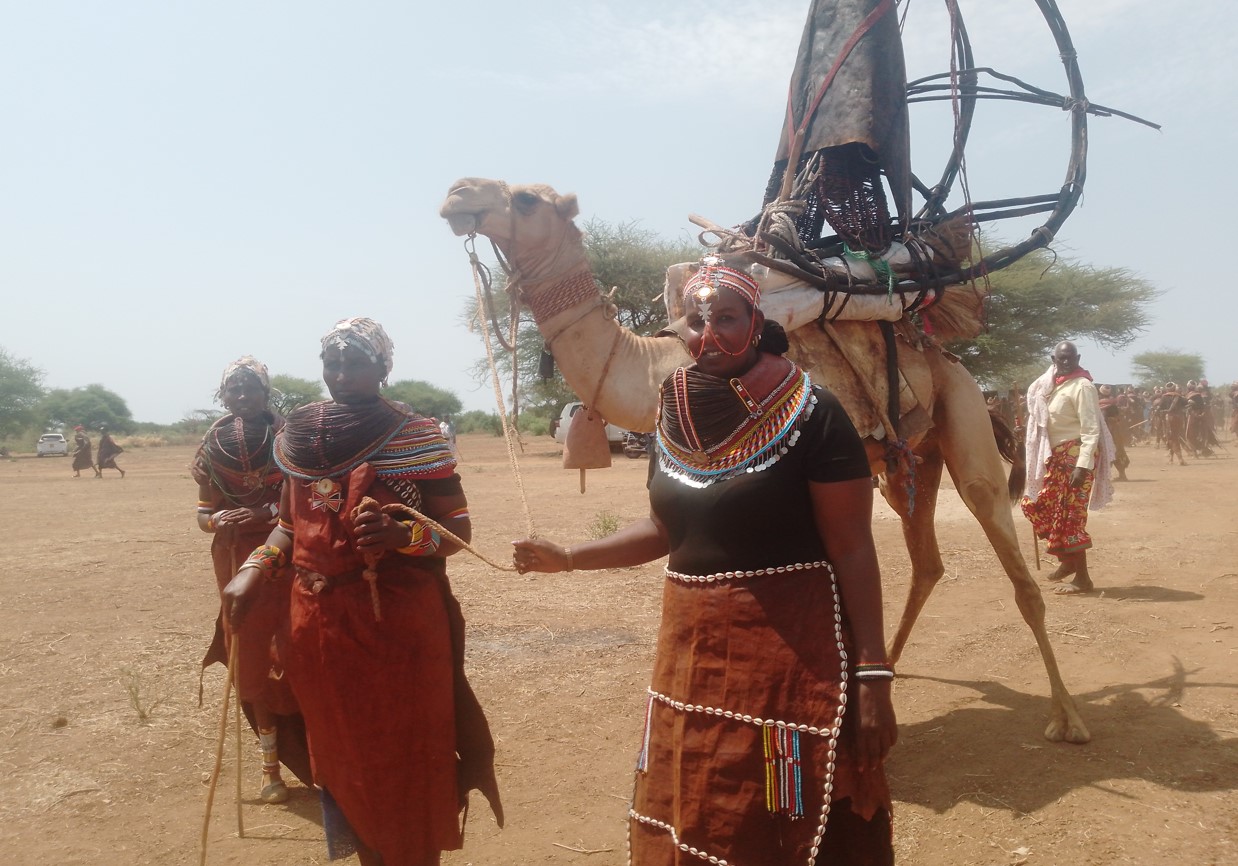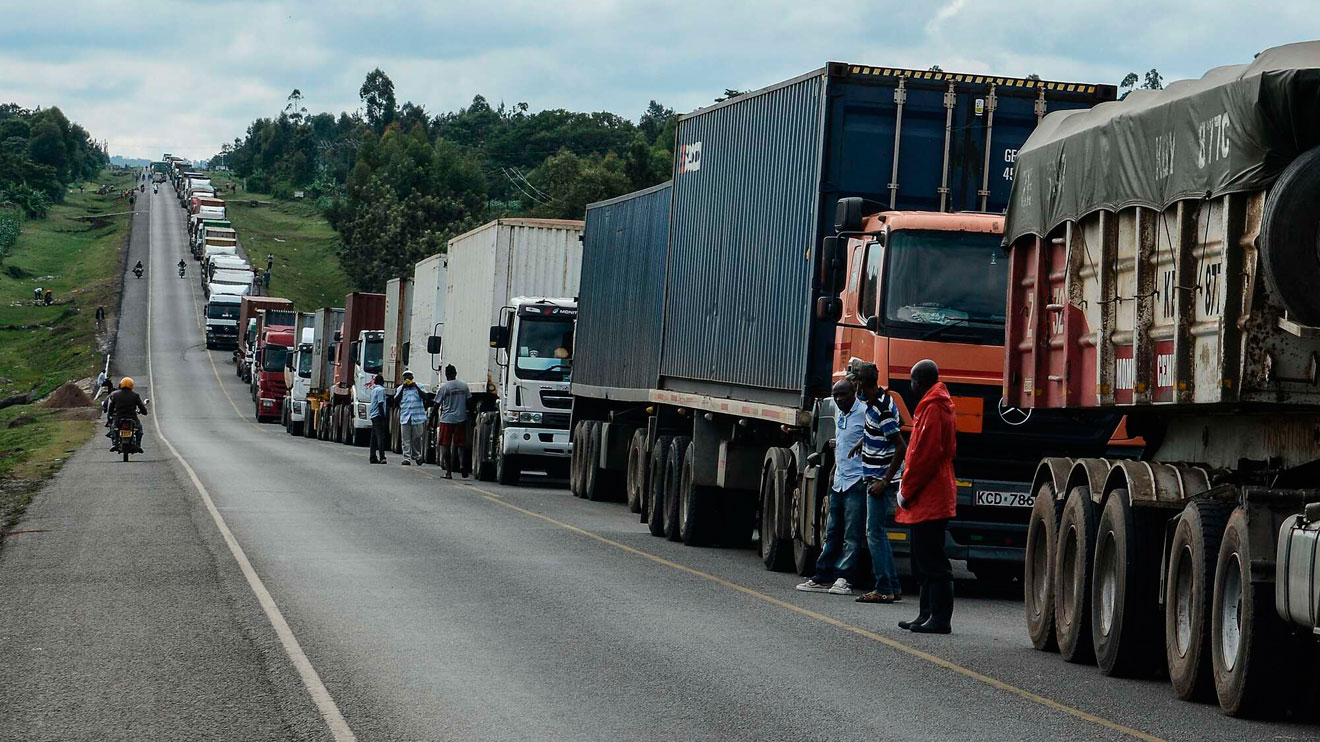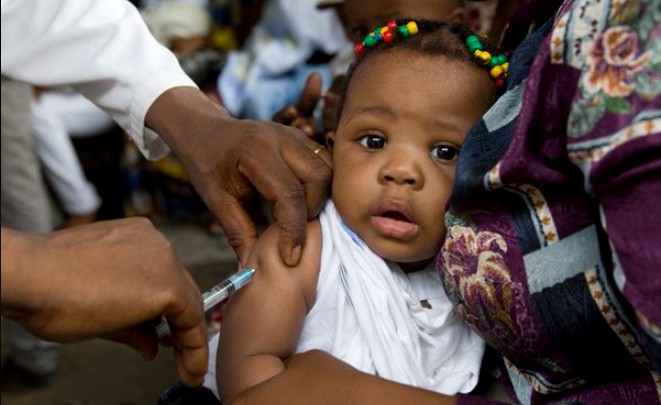FAO calls for increased camel products awareness to help dependent communities

Notably, in Africa and Asia, Kenya is the largest producer of camel milk followed by Somalia and Pakistan.
Creating more awareness of camel products and services in the country, and their contribution to livelihoods, food security and nutrition will do much to boost the livelihoods of the marginalised communities who rely on the animals.
This is according to the Food and Agricultural Organisation (FAO), which says stakeholders in the trade and agriculture sectors have much to do in this regard, as local pastoralists seek ways to expand production and improve quality for better incomes.
More To Read
- Somalia declares drought emergency as millions face hunger after failed rains
- Nubian Rights Forum launches sensitisation drive to end marginalisation of minority groups
- Relief for consumers as benchmark food prices ease for second month in a row
- Police recover stolen camels in Turkana after coordinated operation
- FAO warns of rising human-induced land degradation threatening crop yields, child nutrition
- Millions face escalating hunger crisis in eastern DRC, UN agencies warn
The organisation says raising awareness about camel products and their benefits will help position the products well in the market, boosting their demand and attracting better prices.
In return, FAO says the prospect could then improve the livelihoods of those who rely on them, for instance, the arid and semi-arid communities in Kenya.
It additionally puts the stakeholders on task to prioritise value addition of the camel products to attract even external markets.
In the arid and semi-arid regions of northern Kenya, camel farming has been a lifeline for many communities facing the harsh realities of climate change and water scarcity.
Camels are well-suited to the region's dry conditions, providing a reliable source of milk, meat and transport.
Today, the commonly known species – dromedary and bactrian camels – which make up approximately 80 per cent of the global camelid population, are mainly found in Africa and Asia, with about 42 million in total.
Of these, 84 per cent are in Africa and 16 per cent in Asia.
Milk production
In the arid regions of the two continents, camels are reportedly crucial for milk production which is said to contain almost eight times Vitamin C than cow milk.
Notably, in the two regions, Kenya is the largest producer of camel milk followed by Somalia and Pakistan.
"Camelids also provide fibre and fertiliser and are used for transport and traction, as well as jobs for people relying on them. They are a vital part of the culture and identity of the communities that raise them," FAO says.
Reiterating the need to improve the livelihoods of the marginalised, FAO says the country needs to invest in capacity development research and outreach to develop the sector beyond the local market.
It adds that the government should also invest in developing the capacities of local actors in the sector, prioritise participatory approaches as well as maintain, revitalise and protect the traditional knowledge, practices and heritage of indigenous peoples.
Besides boosting the livelihoods of the dependent communities, the organisation says greater support to the sector can also accelerate progress towards achieving zero hunger and the Sustainable Development Goals.
Fight against hunger
"They play an important role in advancing the SDGs related to the fight against hunger, the eradication of extreme poverty, the empowerment of women and the sustainable use of terrestrial ecosystems," it says.
Another key benefit is their crucial role in cutting down greenhouse emissions, championing the green movement.
FAO says the dromedaries and bactrian camels account for less than two per cent of livestock-related greenhouse gas emissions globally.
However, in some countries and regions, their contribution is more significant.
For instance, in sub-Saharan Africa, the organisation says camels are responsible for about 10 per cent of direct livestock emissions.
Nevertheless, the organisation highlights the shared challenges faced by camel herders in marginalised communities, which are similar to those encountered by other small-scale livestock producers.
These challenges include restricted access to services, information, knowledge, technology, innovation, markets, and credit.
It therefore urges the government to expedite its digitisation efforts to ensure holistic progress for these underserved groups.
"The exclusion of camel herders from decision-making processes and policy development is also a significant issue," the organisation states.
Top Stories Today














































